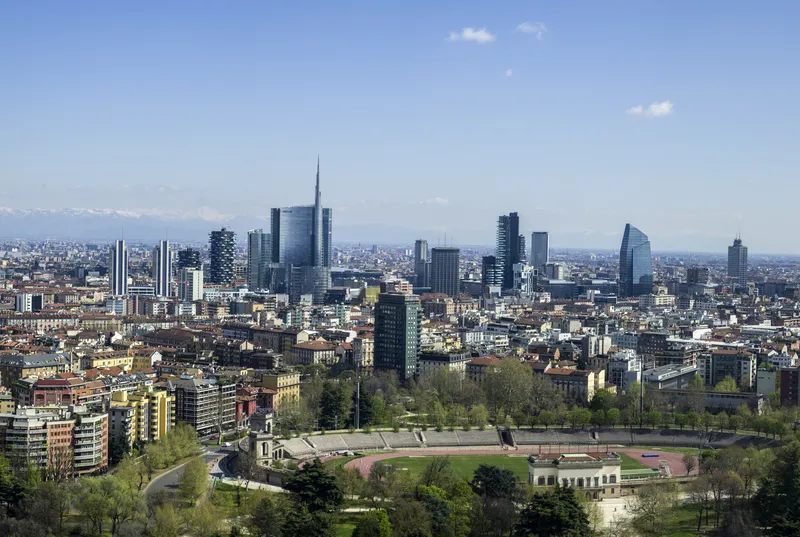Kapsch TrafficCom has implemented its automated access control system in the city of Prato in Tuscany, Italy, to regulate access into the city and protect its historic heritage and environment.
The system, installed in the Limited Traffic Zone (LTZ) started operations in early July 2015 and consists of a central system, software managing and issuing the permits and cameras placed at six gates that mark the access points to the city centre. This solution replaces the old system based on paper permits and
July 21, 2015
Read time: 2 mins
The system, installed in the Limited Traffic Zone (LTZ) started operations in early July 2015 and consists of a central system, software managing and issuing the permits and cameras placed at six gates that mark the access points to the city centre. This solution replaces the old system based on paper permits and manual control. The LTZ is currently active 24 hours a day and the only permit holders are allowed to enter the area.
The automated access control system ensures greater efficiency both in the enforcement of regulations as well as payment in case of infringements. Cameras capture the licence plate of vehicles driving through the access points and the images obtained are automatically checked against a list of registered vehicles. Any discrepancies between authorisation and license plate are forwarded to the local authorities for further processing.









